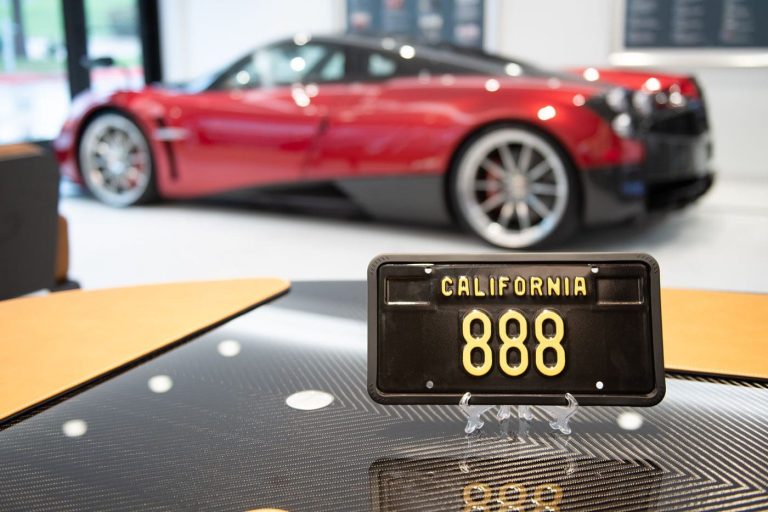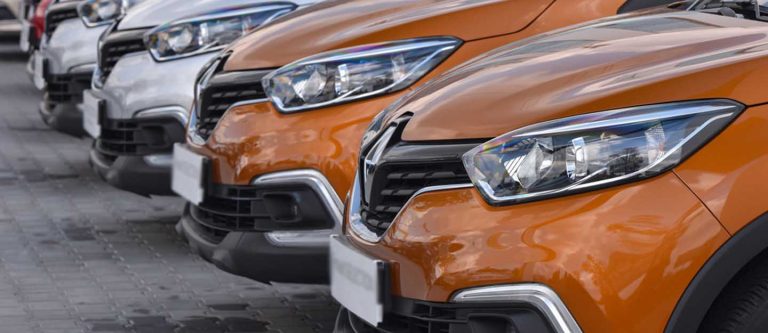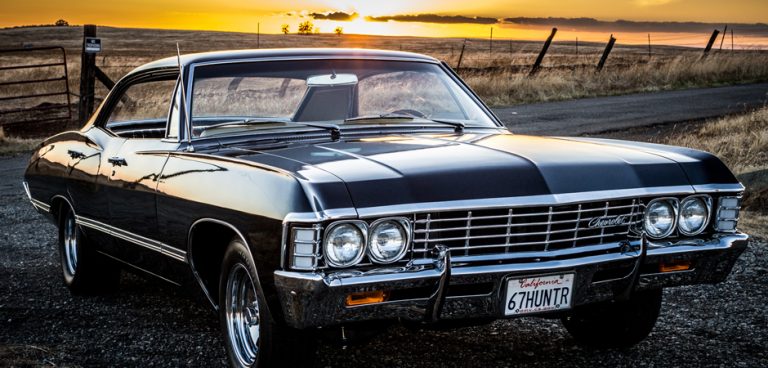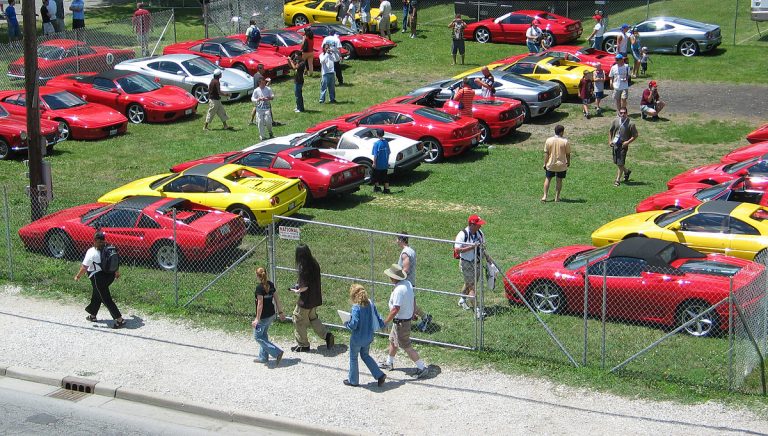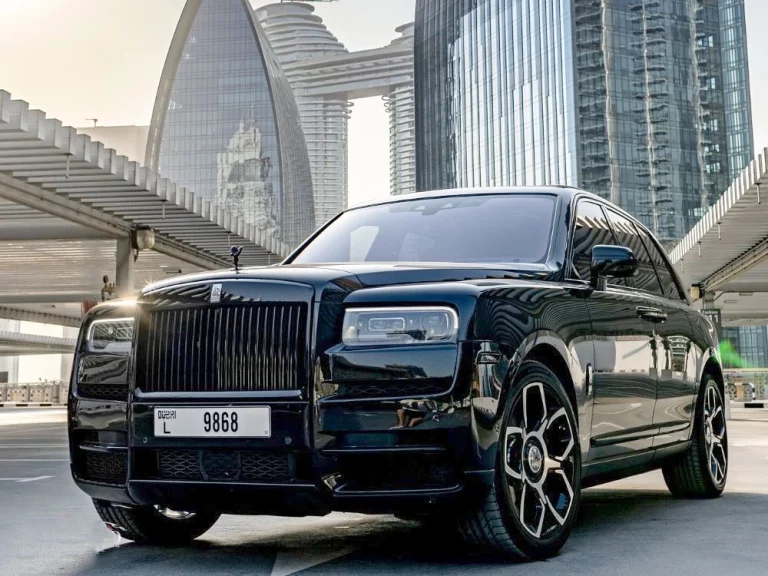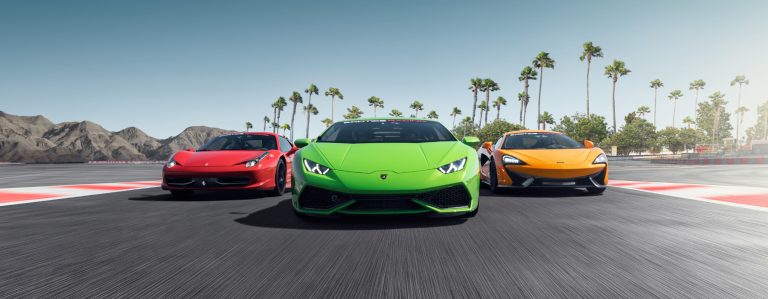What Type Of Fuel Is Used In Ferrari?
Ferrari cars are famous for their speed, beauty, and power. These luxury cars from Italy are built to perform at the highest levels. But what kind of fuel do they use to go so fast and run so smoothly? The type of fuel a Ferrari uses is very important. It helps the car reach its full potential and keeps the engine running well. In this guide, we’ll look at the fuel that powers Ferrari cars and why it’s special.
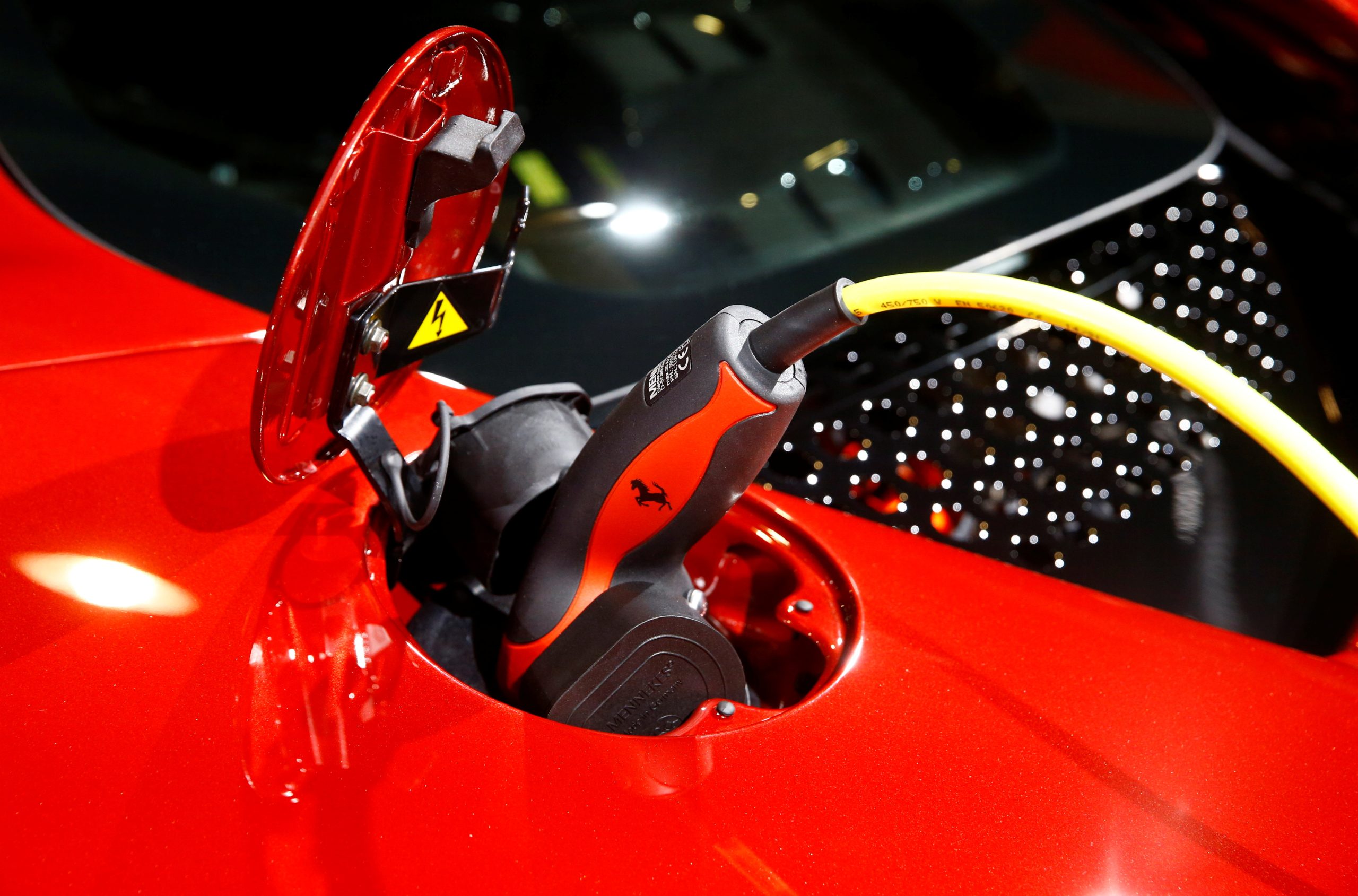
What Type Of Fuel Is Used In Ferrari Cars?
Ferraris, like most high-performance cars, are designed to run on premium gasoline. This type of fuel has a higher octane rating, which means it’s less likely to ignite prematurely inside the engine. Regular gasoline with a lower octane rating can cause knocking or pinging in the engine, which can damage it over time.
In addition to the octane rating, some Ferrari owners recommend using premium gasoline that doesn’t contain ethanol. Ethanol can attract moisture, which can lead to corrosion in the fuel system. However, most modern Ferraris are compatible with gasoline that contains up to 10% ethanol.
Performance Impact of Different Fuels
The performance impact of different fuels on a vehicle, especially high-performance cars like Ferraris, is significant and multifaceted. Fuel types vary mainly in their octane ratings, which is a measure of the fuel’s ability to resist knocking or pinging during combustion. This resistance is crucial for the performance, efficiency, and longevity of high-performance engines. Here’s a breakdown of how different fuels impact performance:
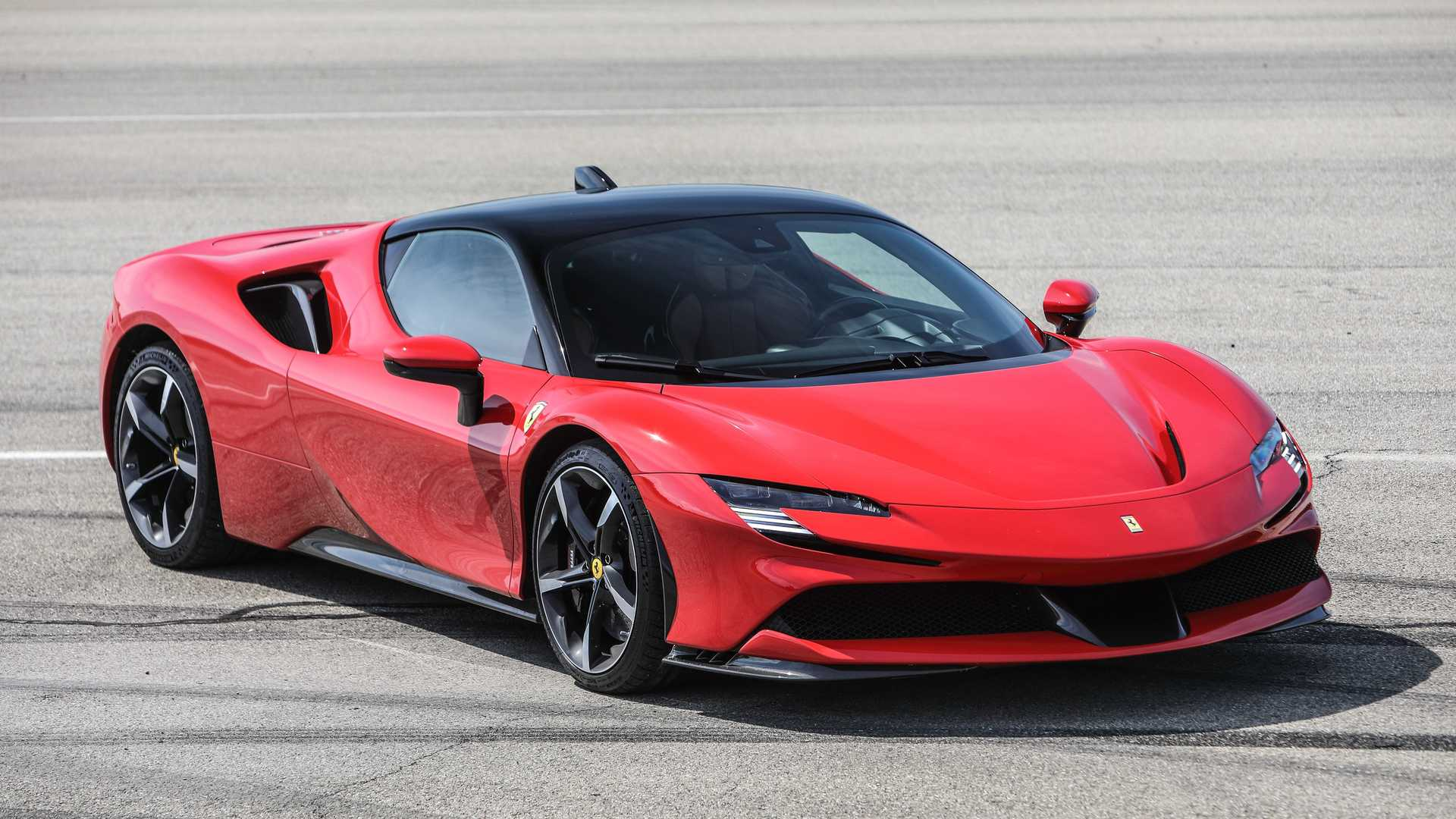
1. Premium Unleaded Gasoline
High Octane Rating: Typically, premium gasoline has an octane rating of 91 or higher in the United States (95 or higher in Europe). This higher octane rating is essential for high-performance engines to prevent knocking and allow for more aggressive ignition timing and higher compression ratios. This results in more power and better efficiency from the engine.
Performance Impact: Using premium unleaded gasoline in vehicles designed for it, like Ferraris, ensures optimal performance, acceleration, and fuel economy. The engine can operate at its designed parameters without the risk of damaging pre-detonation.
2. Regular Unleaded Gasoline
Lower Octane Rating: Regular gasoline typically has an octane rating of around 87. When used in engines designed for premium fuel, the lower resistance to knocking can force the engine management system to adjust ignition timing and reduce compression ratios, leading to decreased performance.
Performance Impact: If a high-performance engine is filled with regular unleaded gasoline, the vehicle may experience reduced power, lower acceleration, and decreased fuel economy. Over time, it could also lead to engine damage due to knocking.
3. Ethanol Blends (E85, E10)
Ethanol Content: Ethanol-blended fuels like E10 (10% ethanol) and E85 (up to 85% ethanol) have different combustion characteristics than pure gasoline. Ethanol has a higher octane rating, which can resist knocking effectively.
Performance Impact: Vehicles specifically tuned to run on high-ethanol fuels can benefit from the higher octane rating, potentially yielding more power due to the ability to run higher compression ratios safely. However, ethanol has a lower energy content than gasoline, which can reduce fuel economy. Vehicles not designed for high ethanol content may experience reduced performance and fuel efficiency.
4. Racing Fuels
Special Formulations: Racing fuels are specially formulated for high-performance and racing engines, with octane ratings significantly higher than commercial fuels. They are designed to maximize power output and engine efficiency under extreme conditions.
Performance Impact: Using racing fuel in an engine calibrated for it can dramatically increase performance, allowing for more aggressive tuning, higher compression ratios, and advanced timing. However, these fuels are not suitable for regular street use due to their high cost and the potential for increased wear on engine components.
Premium vs Regular Fuel for Your Ferrari
Choosing between premium and regular fuel for a Ferrari—or any high-performance vehicle—boils down to knowing how each affects the vehicle’s performance, efficiency, and engine health. Ferraris are precision-engineered for peak performance, with every component designed to operate under specific conditions for optimal output. Here’s a detailed comparison of how premium and regular fuels stack up:
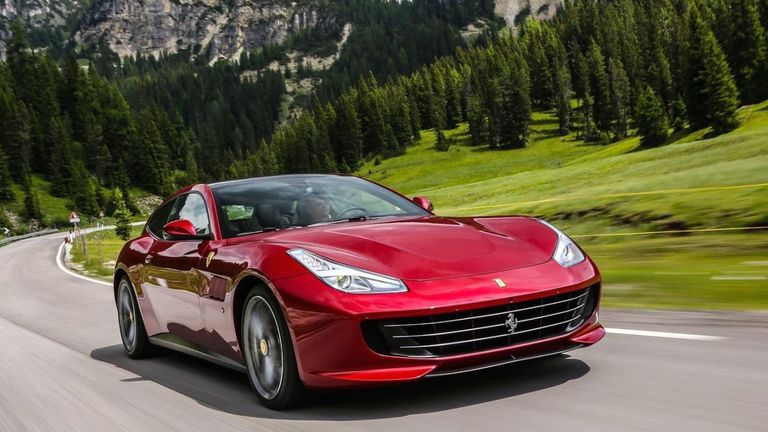
Premium Fuel
- Octane Rating: Premium fuel typically has an octane rating of 91 or higher in the U.S. (95+ in Europe), which is crucial for preventing pre-detonation (knocking) in high-performance engines.
- Engine Performance: The higher octane rating allows for aggressive ignition timing and higher compression ratios, translating to better engine performance, acceleration, and power output.
- Efficiency: With the engine able to operate optimally, fuel efficiency is maximized under performance driving conditions.
- Engine Health: Premium fuel keeps high-performance engines running smoothly over time, reducing the risk of engine knock and potential damage that can arise from using lower-octane fuels.
Regular Fuel
- Octane Rating: Regular fuel typically comes with an octane rating of 87, which is lower than what is recommended for high-performance engines.
- Engine Performance: Using regular fuel in a Ferrari can lead to a reduced performance due to the engine control unit (ECU) adjusting the ignition timing and air-fuel mix to prevent knocking. This adjustment can lead to noticeable decreases in acceleration and overall power.
- Efficiency: The potential for reduced efficiency arises because the engine cannot operate at its designed optimal level, leading to more fuel being consumed for a given performance level.
- Engine Health: Regular use of lower-octane fuel in a Ferrari can increase the risk of engine knocking, which over time, can cause damage to the engine’s internal components.
Frequently Asked Questions
What type of fuel is recommended for Ferrari cars?
Ferrari cars are designed for high-performance and hence, it’s recommended to use high-octane, premium quality fuel to maintain optimal engine health and performance. Regular fuel might lead to pre-ignition issues and engine damage.
Can regular fuel cause damage to Ferrari engines?
Yes, using regular fuel in Ferrari engines can lead to pre-ignition issues and potential engine damage over time. High-performance engines like Ferrari’s require high-octane fuel for optimal performance and engine longevity.
Do lower-octane fuels increase greenhouse gas emissions?
According to studies, using lower-octane fuels, which are typically less efficient, could increase greenhouse gas emissions. High-octane fuels tend to burn more completely, hence reducing the emissions.
How does ethanol in gasoline affect Ferrari’s performance?
Ethanol, though commonly used in many types of gasoline, can negatively impact high-performance Ferrari engines like Tipo 053 or Tipo 054/055. Thus, it’s recommended to use ethanol-free fuel for such engines.
Are fuel recommendations significant for high-speed driving experiences?
Yes, using the right type of fuel as per recommendations is crucial to ensure top performance, especially for high-speed driving experiences. Following these recommendations also helps in lower emissions.

Hi! I’m Larry Gibbs, studying mechanical engineering with a focus on cars. I really love Ferraris and write blog posts about the latest car stuff. When not studying or blogging, I’m usually on a road trip exploring new places. I also enjoy playing football and watching movies. Life’s an adventure, and I’m all about enjoying the ride!

